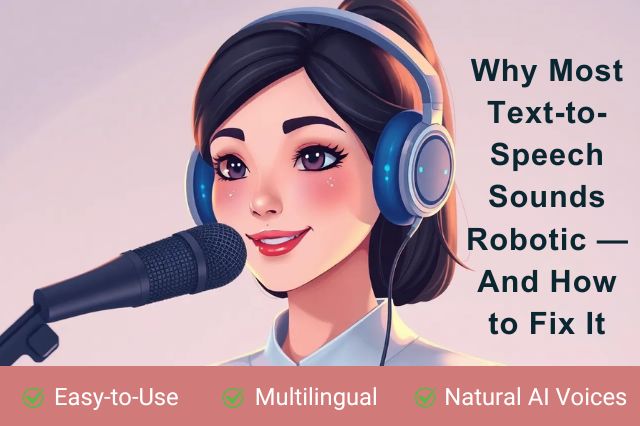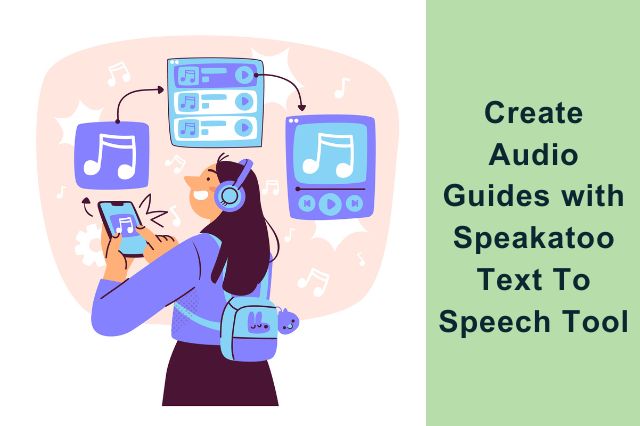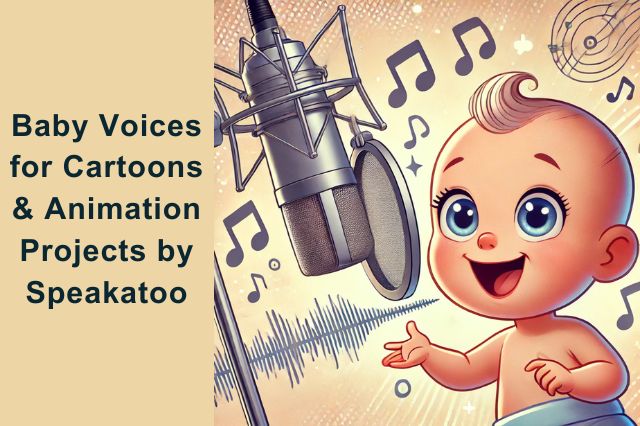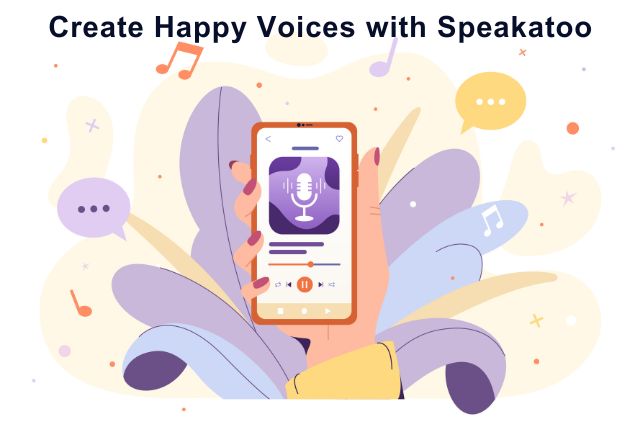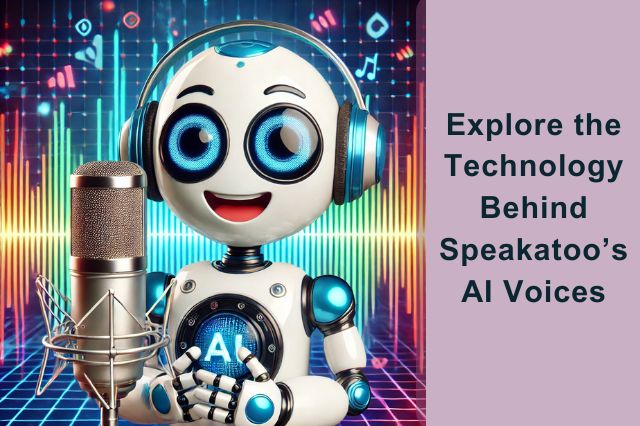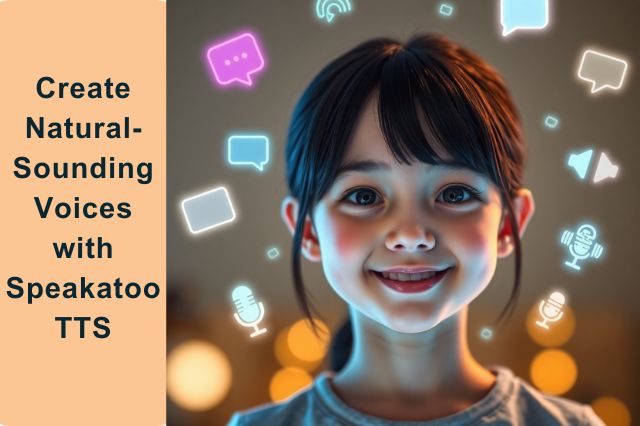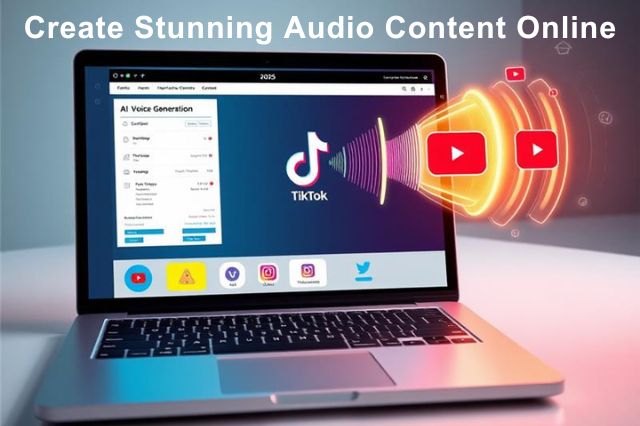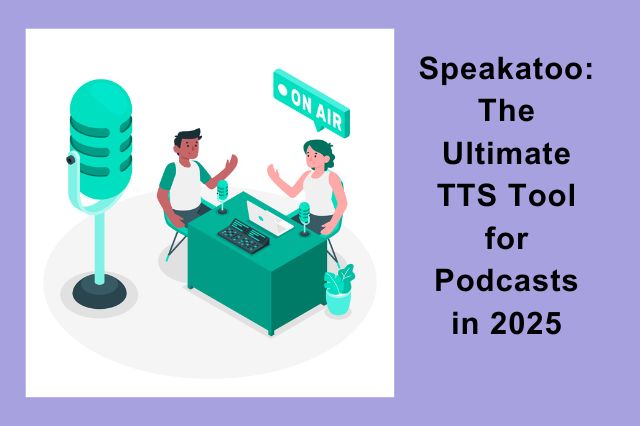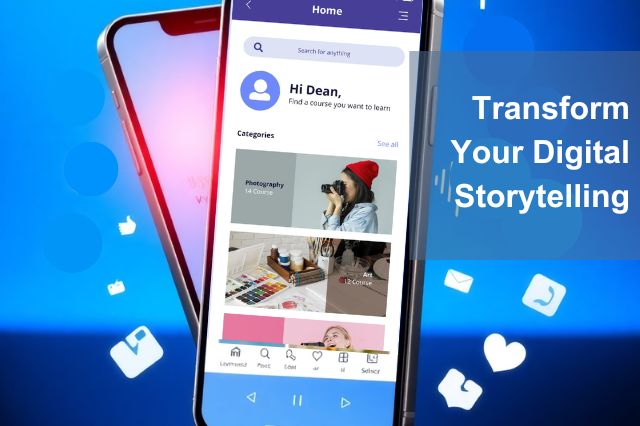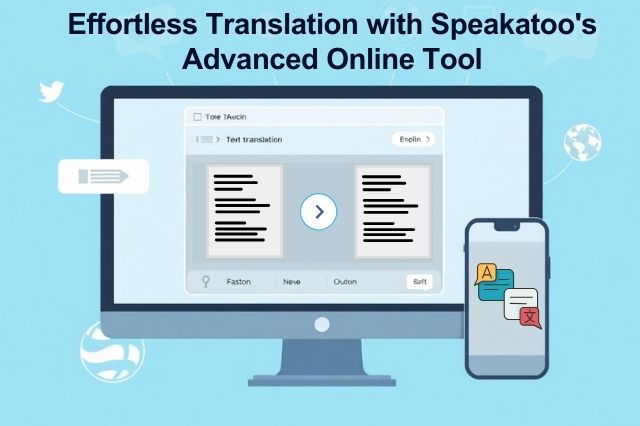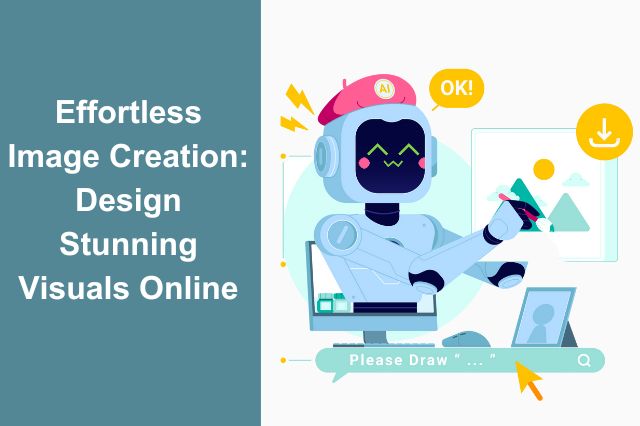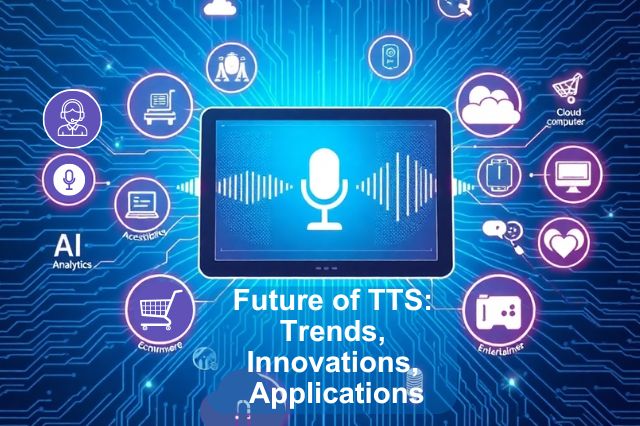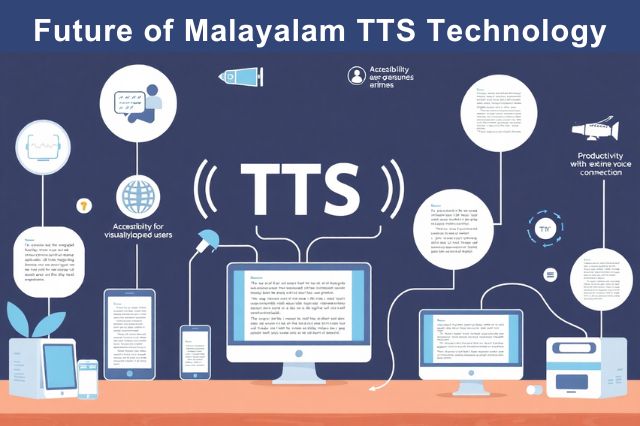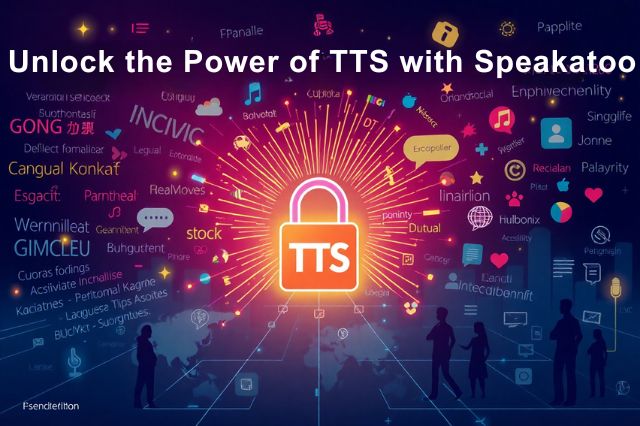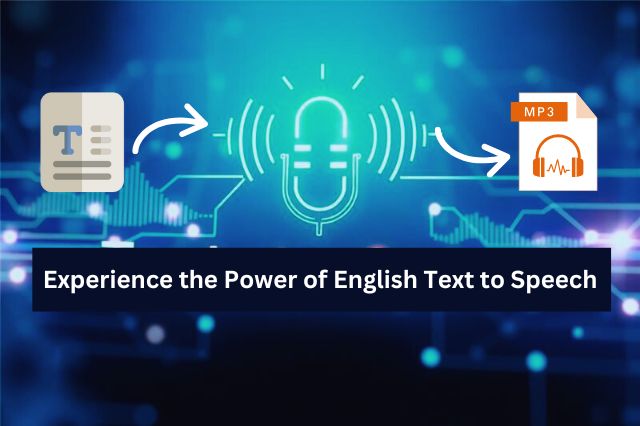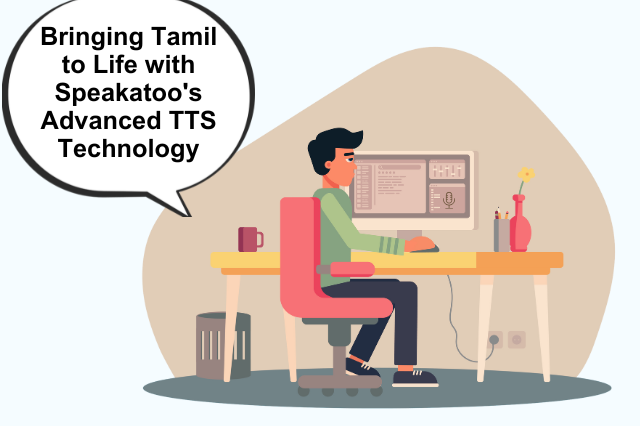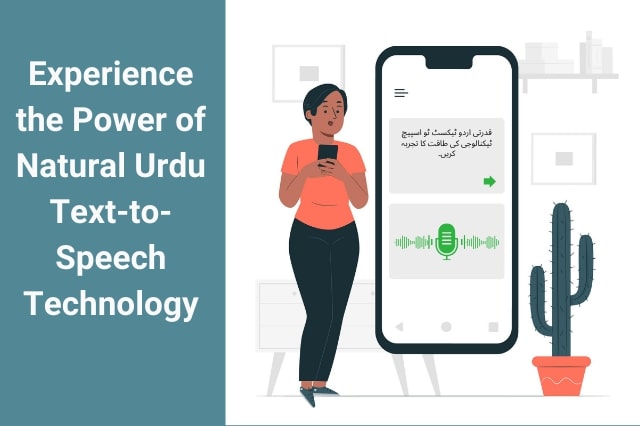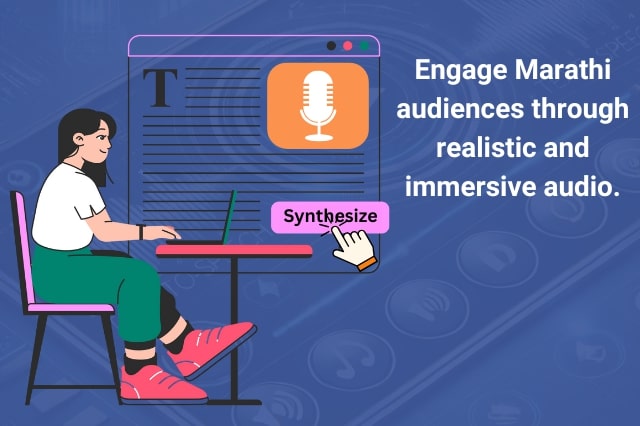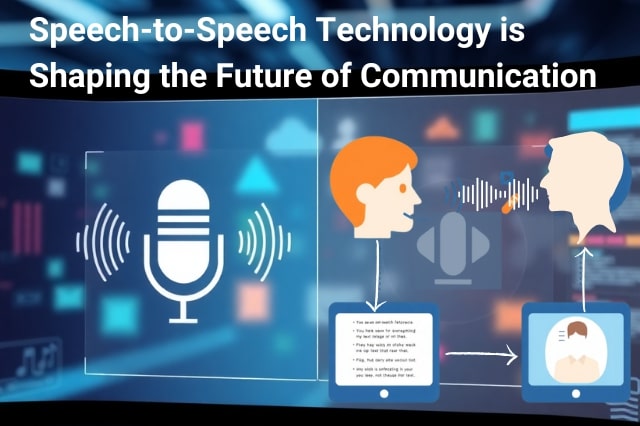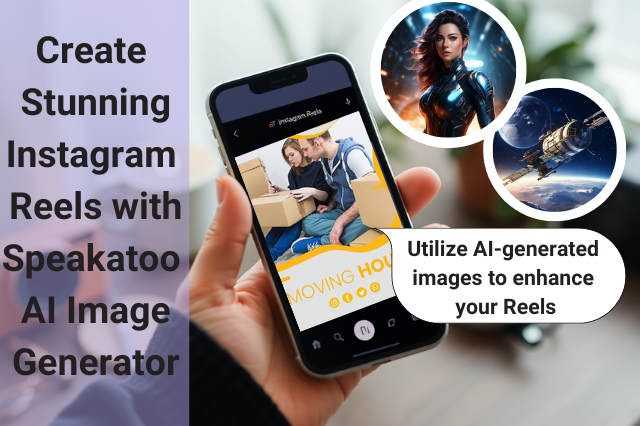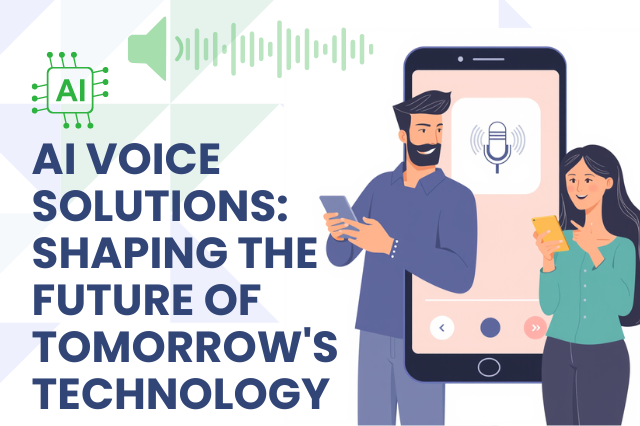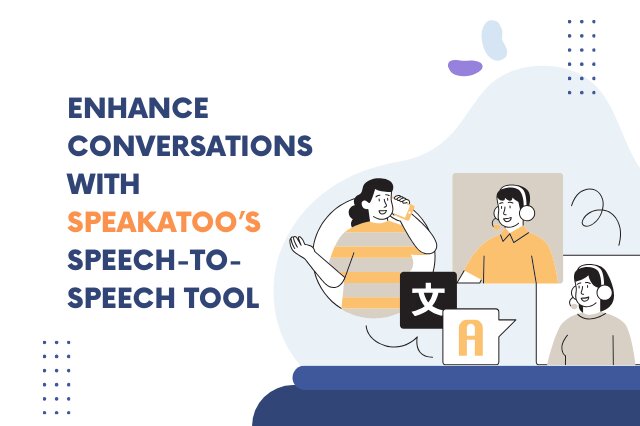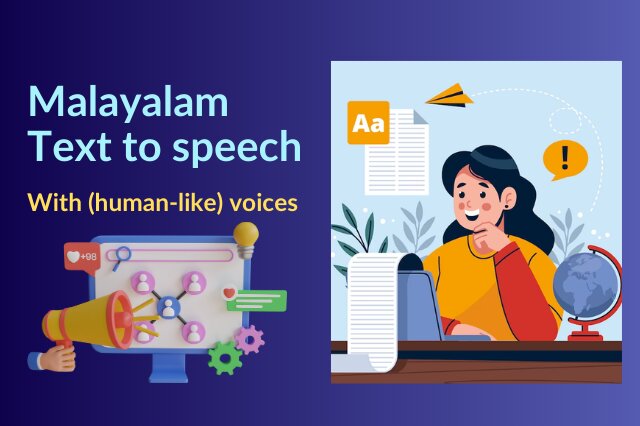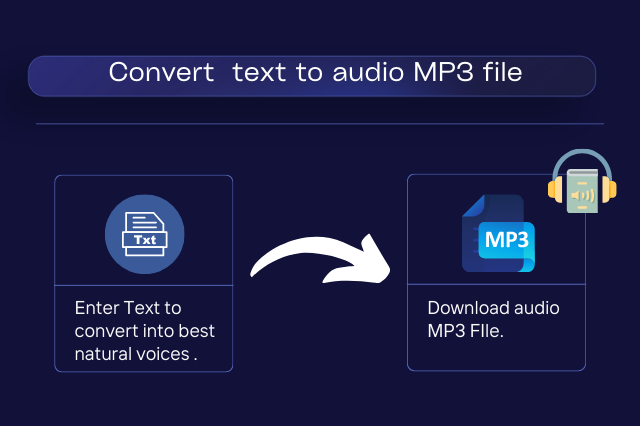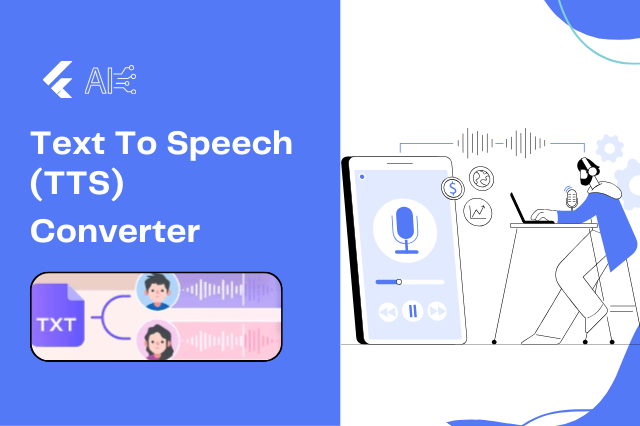
Text to Speech (TTS) technology is no longer just a convenience; it’s an essential tool transforming the way we communicate and consume content. From enhancing accessibility to revolutionizing entertainment and education, TTS is paving the way for a more inclusive, efficient, and engaging digital world.
This blog delves into the future of TTS technology, exploring its innovations, applications, and the role of AI voices in creating lifelike experiences.
What is Text-to-Speech (TTS)?
Text-to-speech (TTS) is a cutting-edge technology that translates written text into spoken words. By leveraging advanced algorithms, artificial intelligence (AI), and deep learning, TTS systems generate human-like voices that cater to various applications. These systems are designed to replicate natural speech patterns, tone, and emotions, making the user experience engaging and lifelike.
How Does Text To Speech Technology Work?
TTS technology operates through a combination of linguistic and auditory processing. The key steps involved include:

Trending Features of Modern TTS Tools
Modern text-to-speech tools are a far cry from their robotic predecessors. Here’s what makes today’s TTS software stand out:
1. Emotional Speech
TTS tools simulate emotions like joy or sadness, delivering human-like tones that enhance relatability and engagement.
2. Custom Voices
Advanced tools craft unique voices for brands and individuals, enhancing user experiences and reinforcing branding strategies.
3. Contextual Accuracy
AI ensures accurate pronunciation of complex words, names, and homonyms based on sentence context for natural-sounding speech.
4. Multilingual Support
Modern TTS supports multiple languages and dialects, increasing accessibility and providing a global reach for diverse users.
5. Instant Processing
With faster algorithms, TTS tools convert text to speech instantly, enabling seamless live applications like virtual assistants.
6. Cloud Integration
Cloud-based functionality provides remote access to TTS tools, offering scalability and flexibility for various needs.
Applications of Text-to-Speech Technology
TTS tools have transformed numerous industries, streamlining processes and enhancing user experiences. Here are some key applications:
E-Commerce
1. Product Descriptions
TTS converts detailed product descriptions into speech, making it easier for customers to learn about items.
2. Personalized Shopping Experience
AI-driven TTS provides tailored product recommendations, creating a seamless and engaging user journey.

Commercial Use
1. Digital Marketing Campaigns
Businesses use TTS for dynamic advertisements, delivering audio content in multiple languages and accents for global audiences.
2. Corporate Training
TTS tools simplify the creation of engaging training modules and presentations with realistic narration.

Social Media
1. Accessibility Enhancements
TTS ensures social media posts are accessible to users with visual impairments, expanding audience reach.
2. Dynamic Content
Creators use TTS for voiceovers, reels, and captions, reducing dependency on professional voice artists.

Healthcare
1. Assistive Devices
TTS aids patients with speech impairments by providing a reliable communication medium.
2. Telemedicine Support
Doctors use TTS-powered chatbots to deliver medical advice and appointment reminders efficiently.

TTS technology continues to expand its role across sectors, creating inclusive, efficient, and innovative solutions for modern needs.
Emerging Trends in TTS Technology
AI and Neural TTS
The integration of neural networks has propelled TTS systems into a new era. Neural TTS models generate voices that are indistinguishable from human speech, with nuanced expressions and natural cadence.
Personalization
Users can now select voices that align with their preferences, including regional accents, gender, and even custom emotional tones.
Multilingual Support
TTS systems now offer multilingual support, expanding global accessibility and promoting inclusivity across various markets.
Accessibility Enhancements
Advancements in text recognition have enabled TTS tools to support users with severe visual or cognitive disabilities, ensuring fair and equal access to digital content and resources.
Benefits of Text to Speech Technology
TTS technology offers a plethora of benefits, including:
Increased Accessibility: By converting text to voice, TTS tools make digital content accessible to a wider audience, including those with disabilities.
Cost Efficiency: Businesses save on hiring voice artists or maintaining large customer support teams.
Enhanced User Experience: Natural-sounding voices and real-time processing create seamless interactions.
Time-Saving: Automated voiceovers and real-time responses speed up content creation and customer support processes.
Scalability: TTS tools can handle large-scale operations, making them suitable for enterprises.
Challenges in Text-to-Speech Technology
Despite its advancements, TTS faces some challenges:
 Accuracy: Ensuring correct pronunciation for complex terms or names.
Accuracy: Ensuring correct pronunciation for complex terms or names.
 Emotional Nuance: Replicating intricate human emotions in speech.
Emotional Nuance: Replicating intricate human emotions in speech.
 Data Privacy: Securing sensitive text inputs during processing.
Data Privacy: Securing sensitive text inputs during processing.
Speakatoo: A Leading Name in TTS Technology
Speakatoo is a pioneer in TTS technology, offering human-like, emotionally expressive voices powered by AI. With support for over 130 languages, it caters to a global audience. Its user-friendly interface ensures accessibility for both individuals and businesses. Additionally, Speakatoo offers flexible, affordable pricing without compromising on quality.
Ready to transform your text into natural-sounding?
Transform text into lifelike audio with Speakatoo’s cutting-edge TTS tools. Try Speakatoo today for seamless text to voice conversions!
Sign In




The Future of Text to Speech Technology
Next-generation TTS tools will feature advanced emotion recognition, enabling synthesized voices to adapt their tone based on the emotional context of text. This will create more authentic, relatable, and engaging interactions across various applications.
Hyper-realistic voice cloning will bring unmatched accuracy, enabling highly personalized experiences. Combined with multimodal integration, where TTS interacts with technologies like facial recognition and gesture control, it will offer seamless, immersive communication in diverse settings.
Conclusion
Text to Speech technology is revolutionizing communication, enhancing accessibility and workflows. Speakatoo offers innovative, tailored solutions, that empower businesses and individuals. Embrace TTS technology to unlock endless opportunities for the future.





